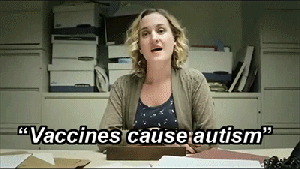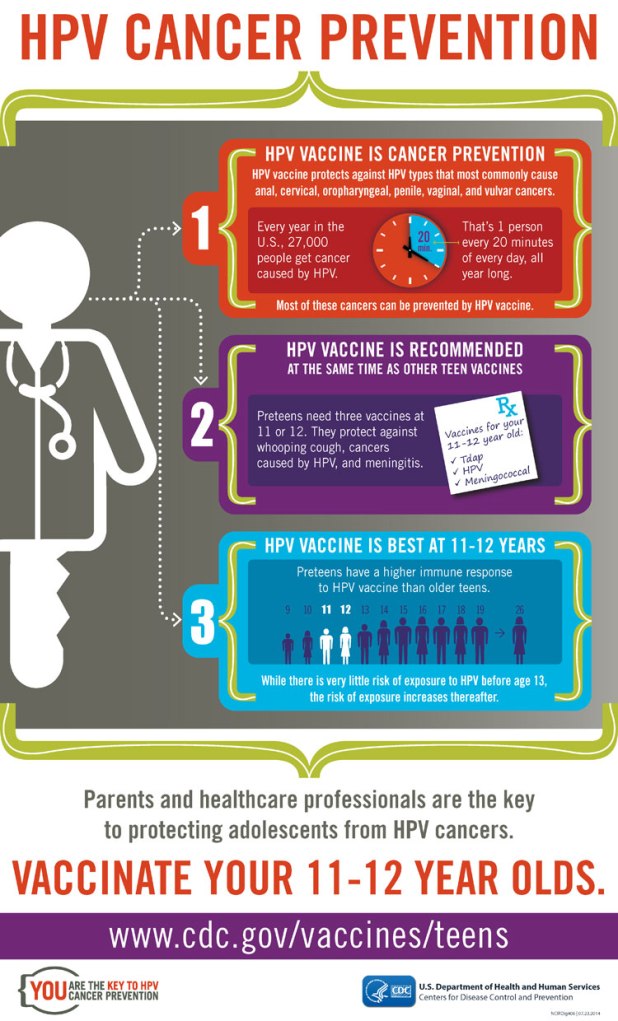Medical marijuana is a hugely controversial topic, but it doesn’t need to be! Much of the current research is biased towards finding the dangers of marijuana instead of looking at possible medical use. Researchers who have studied cannabis have found many uses for marijuana (in adults).

Where is it Legal?
Recreational and medical use is legal in Alaska, Oregon, Washington, Colorado, and Washington DC. In these places you can get marijuana without a red card, or medical card. However, if you have a chronic illness I strongly recommend getting a medical card. You don’t have to pay as much in taxes and the people who work in medical clinics are even more helpful.
Medical marijuana is largely separated from the medical world. I have never even had it suggested for pain by a doctor. I had to seek it out information on medical marijuana on my own. Some medications have made it through trials and are prescribed, primarily by oncologists, for severe diseases such as cancer. If you are interested I recommend speaking to your medical doctor about it.
One reason medical marijuana is so separated from the medical community is because marijuana is still a scheduled 1 drug. This means it has been found that cannabis “has no medical use”, “high potential of abuse”, and “cannot be safely used under medical care”.
To give you a better idea of what this means, both meth and cocaine are Schedule II. That means these dangerous drugs have been determined to have medical use as well as being highly addictive. I think this is a huge misclassification and agree with John Gettman who pointed out, “Cannabis is a natural source of dronabinol (THC), the ingredient of Marinol, a Schedule III drug. There are no grounds to schedule cannabis in a more restrictive schedule than Marinol”. If we are making medicines from cannabis then how can we say it has no medical purpose?

Is it Safe?
Marijuana has no recorded incident of overdose. Not only does marijuana have fewer deaths than alcohol, but health costs for alcohol outweigh the costs for marijuana by eight times. Both alcohol and tobacco are legal but are considered far more dangerous than marijuana. A study was done on the link between marijuana and hospital visits. They found that marijuana did not increase the chance of going to the hospital.
Alcohol, and many other drugs, are neurodegenerative. This means drinking alcohol kills brain cells. Research suggests that marijuana may have the opposite effect.
To reach the lethal threshold of marijuana someone would have to consume 1500 pounds of marijuana in fifteen minutes. Therefore, marijuana users don’t have to be worried about overdose. That isn’t to say that all marijuana use is safe.
Possible side effects of marijuana use include dry mouth, paranoia, increased heart rate, tiredness, confusion, or memory problems. Because cannabis can raise your heart rate, I recommend being under care of a doctor if you have POTS and want to try marijuana. These side effects may be worse in people with mental illness.
There haven’t been many studies about medical marijuana and how it relates to driving safety. We do know that people should avoid consuming marijuana and operating any machinery. Driving accidents are a real problem with any drug usage and are potentially the most dangerous threat widespread marijuana usage holds.
As of now, evidence suggests marijuana as relatively safe for adults. However, when used regularly prior to turning 18 marijuana can cause problems. Research has shown that there is a drop in IQ associated with teen marijuana use. There have also been studies that suggest teen marijuana use may lead to memory problems.

Pain Management
Doctors are cracking down on drug seekers and those of us with chronic pain are taking the worst hit of all. It is true, many people abuse these drugs. Opiates have the potential for addiction and tolerance is a real problem. Despite these problems, researchers are taking their sweet time looking at marijuana as an alternative pain relief method. Instead of looking into a drug that has been proven beneficial (enough to make medical marijuana legal) politics is getting in the way of researching marijuana more and potentially helping many people.
Surprisingly, I have found that medical marijuana has less of a stigma than opiates (at least in Colorado). I have been to too many doctors with kidney stones only to have them tell me I’m drug seeking and turn me away with no relief in any form. The pain relief you get from marijuana is extremely helpful, but they won’t treat you like a criminal (unless you want to get into the whole federal crime issue). People who work at dispensaries are generally very caring and knowledgeable about their product. They have treated those of us with chronic illnesses with more kindness that most doctors have. They can make great recommendations as to tinctures, concentrates, edibles, and flower. Don’t worry if you don’t know what these words mean; they will be happy to explain them to you.
Cannabis has a lot less of a chance of addiction than opiates. There is a chance for addiction, but not due to physical dependency. Addiction occurs due to psychological dependence. More research needs to be done into the relationship between marijuana and addiction.
Medical Purpose
Medical marijuana comes in many forms. There are edibles, smoking, capsules, vaporizing, and now even juicing the plant. What works best medically depends on the type of symptoms or just personal preference. Different strains are better for different things. The two primary types of cannabis are Sativa and Indica. Sativa is more energizing while Indica is more relaxing. Indica is best used for sleep problems and pain. Sativa works best for depression and fatigue. Depending on the strain, both Indica and Sativa can stimulate appetite.
After a study on cannabis from the Institute of Health concluded that marijuana should not be used to treat any disease. However, the study concluded that marijuana can be valuable at controlling symptoms of these diseases. One such symptom is paresthesia. Marijuana is especially good for this “pins and needles” pain where opiates commonly fail. Marijuana also works as a muscle relaxer, and can help with multiple sclerosis, HIV, Tourette’s, and cancer.
While Marijuana may cause respiratory symptoms and side effects, the research that has been done indicates that smoking marijuana doesn’t cause lung cancer. In fact, the opposite is thought to be true. Research in its infancy suggests that marijuana may have cancer-fighting properties. While only anecdotal evidence in humans is available, this could have huge implications on marijuana’s scheduled status. Harvard researchers found that when mice with lung tumors were given cannabis cancer growth was cut in half. Nearly one in four of the mice were completely cured and the remaining saw a decrease in tumor size.
Cannabidiol (CBD)
It is possible to get marijuana’s health benefits without getting high. THC is psychoactive, but CBD (Cannabidiol) is not and has more medical uses. Cannabis with high CBD causes less memory impairment due to competition for the CB1 receptor. Strains with high CBD have significantly more medical value than the typical strains used for recreation. CBD is also completely legal in all 50 states without a medical license.
Despite the fact that marijuana may have negative effects on a child’s brain, some parents choose to give their severely ill children cannabis. Charlotte Figi, a young girl with Dravet syndrome (a severe seizure disorder), went from having hundreds of seizures a week to a single seizure a week. Charlotte used a strain of cannabis with high CBD content. There is now a similar strain named after her called Charlotte’s Web. Using strains that have a high amount of CBD and not THC may keep the negative memory and intelligent side effects at bay. Therefore, we may see research suggesting medical marijuana is useful to children and teens.
In addition to helping with seizures, CBD has also shown to have antimicrobial properties. One study found that cannabis may even help with acne. Studies have also found that cannabis may reduce the spread of HIV as well as decrease the risk of developing diabetes.
While cannabis may be dangerous in mental illness, CBD has potential use in mental illness as well. Cannabidiol (CBD) has been shown to work as well as traditional antipsychotics used in schizophrenics. Additionally, there are far fewer side effects in patients who were taking CBD than these antipsychotics. Cannabis also is helpful in anxiety and depression.
Any drug that has the potential to improve someone’s quality of life should certainly be researched more. Keeping marijuana as a schedule I drug is preventing us from seeing all the potential medical use marijuana has. While many of these studies are small and new, there is definitely hope that medical marijuana will be helpful to treating a variety of ailments.













